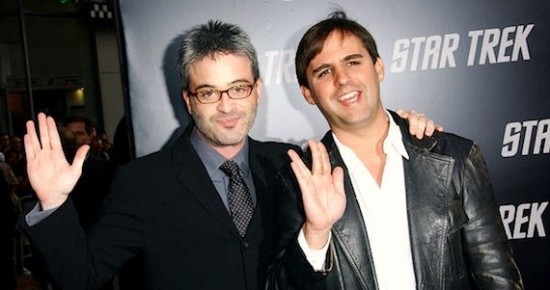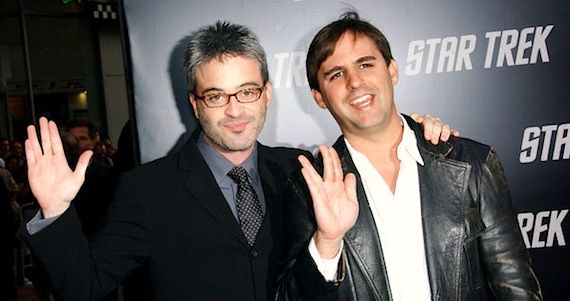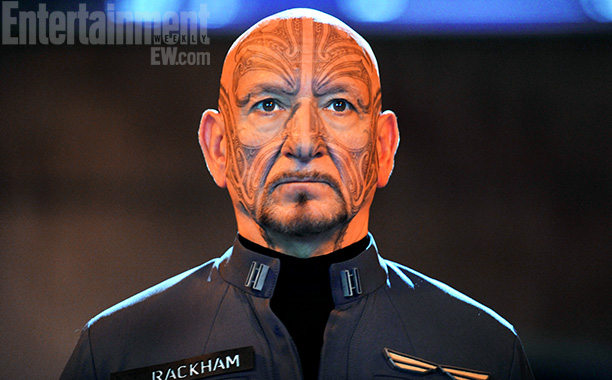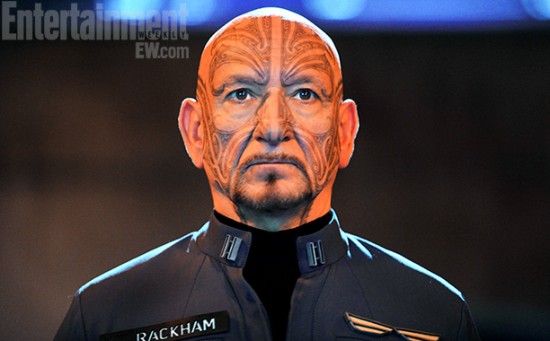
Ender’s Game producers Alex Kurtzman and Roberto Orci spoke with Barbara Chai of the Wall Street Journal recently and mentioned their personal history with the popular sci fi novel.
What were some of the challenges you and director Gavin Hood faced in adapting Orson Scott Card’s “Ender’s Game” into a film?
Orci: “Ender’s Game” was a book that we both loved from teenagehood. It was published in 1985 and I think we read it in high school, maybe even earlier. The challenge with the book is it’s very internal in that a lot of the narrative that occurs is within the character’s head and the trick is, how do you dramatize that? The answer is both through having some of those internal struggles be dramatically shown as scenes, and second, we have an advantage that the book does not have, and that is actors. We have great actors who can not only say things, but play things and play reactions on their faces and actually convey a lot of the emotion of the book. Thankfully now we have the technology to make it the grand adventure that it deserves to be. We have the technology to render a Zero-G environment in a totally believable and incredible way.
Chai brought up the elephant in the room and asked them if they thought Card’s views would affect the film.
Orci: I was never aware of in the book – and we’ve read it three or four times during our lifetime before we got into this movie – I never saw any sign in “Ender’s Game” of anything that offended Alex or me. The book is beautiful. It’s about tolerance, it’s about responsibility, it’s about growing up. We just tend to judge a book on its own merits. Nothing that anyone could say is going to remove our original reaction of how we perceive this beautiful book. For us, it’s just about the book.
Kurtzman: Look, obviously it’s a First Amendment issue and Mr. Card is free to express whatever point-of-view he chooses to express, and we are free to disagree with him. At this point, that’s all I really want to say about it.
I have to admit, Orci’s answer touches on why I continue to do this site despite disagreeing with Card’s views. In all my readings of the book, I’d never picked up on his personal views either.
You can read the full interview at the WSJ.


